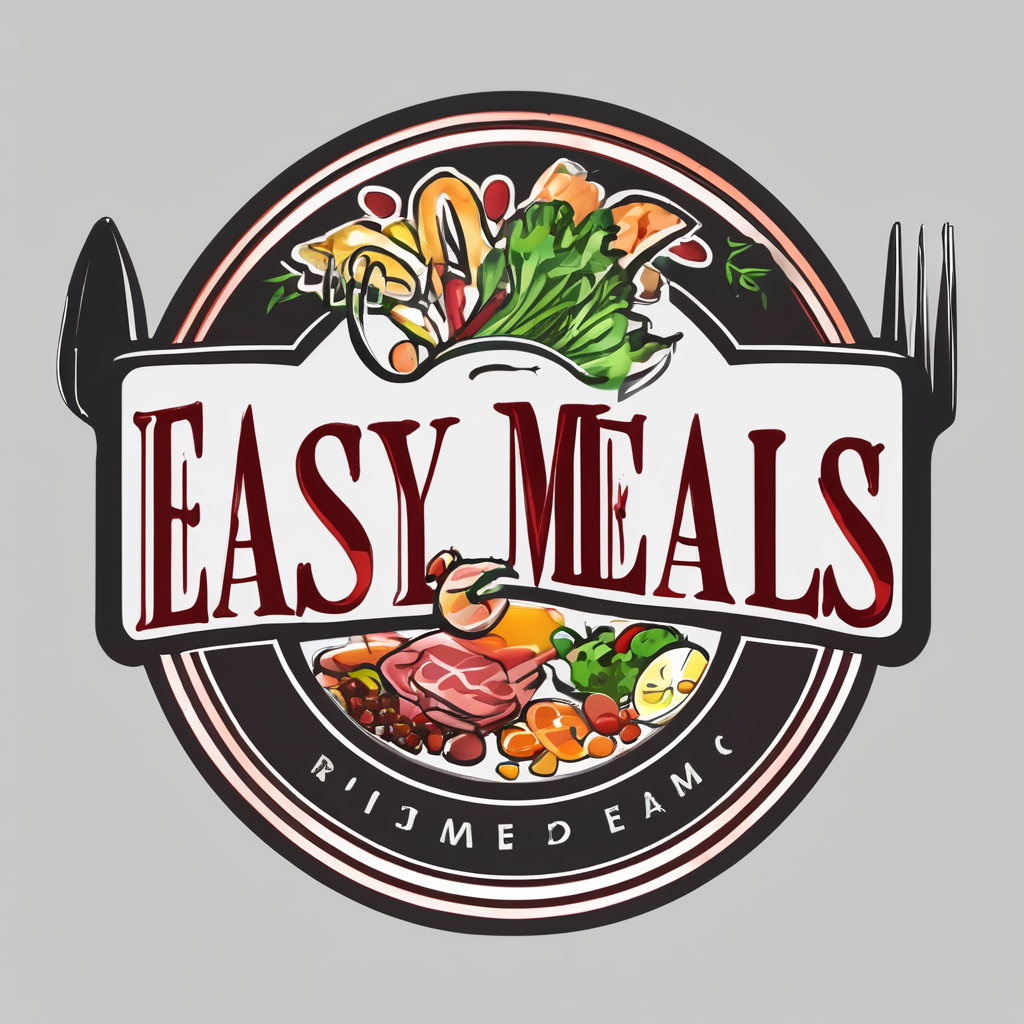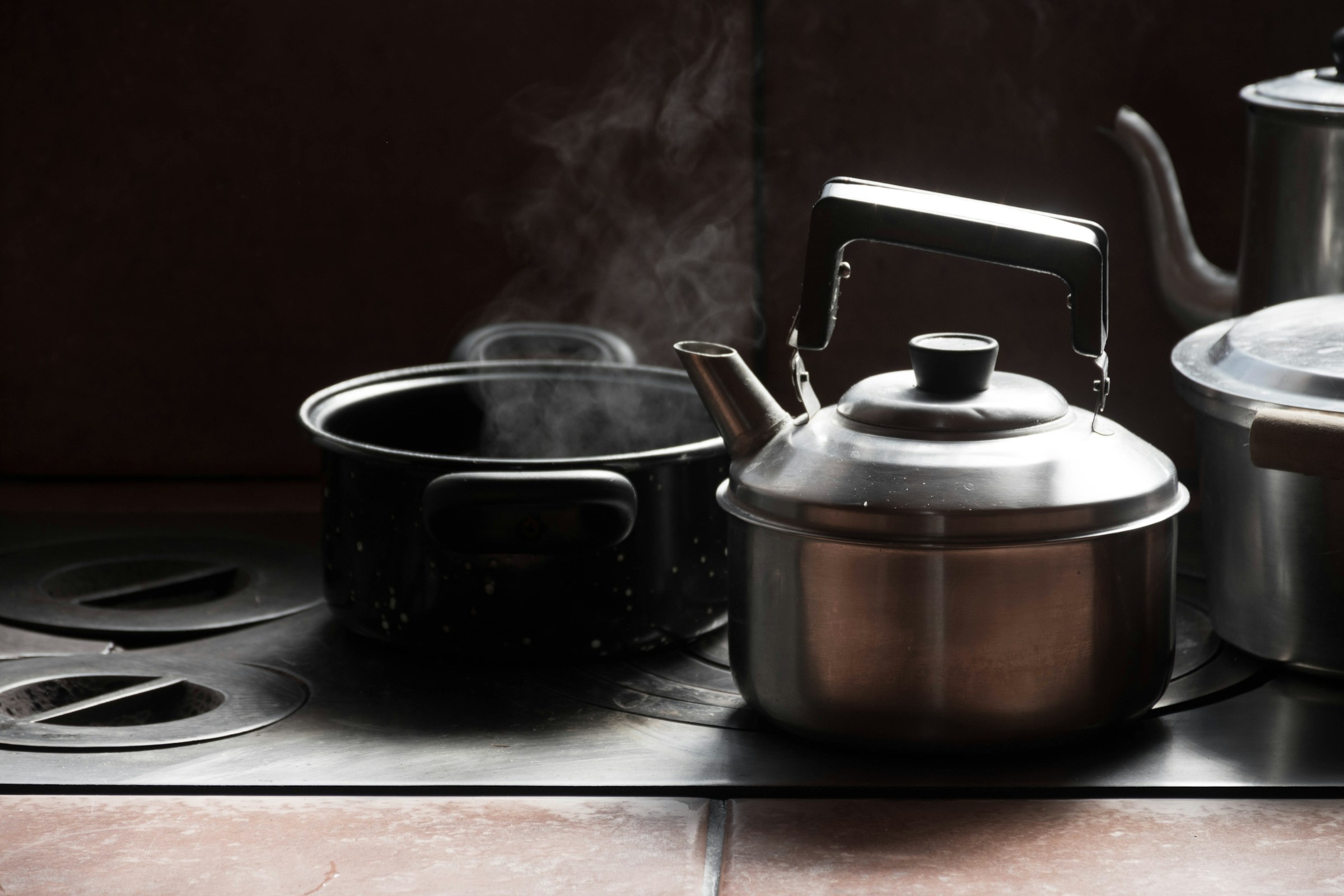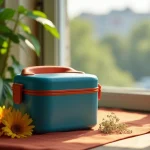When it comes to choosing the best countertop for your kitchen or bathroom, various factors come into play. One of the key considerations you should factor in is the material’s ability to resist heat. You want a surface where you can place your hot pots and pans without worrying about damaging the countertop. This article delves into some of the best countertop materials renowned for their heat resistance.
Granite: Natural Stone with Superior Heat Resistance
Granite is a natural stone that has gained popularity in both kitchen and bathroom designs due to its impressive heat resistance. It gives your kitchen a stunning aesthetic while also offering superior durability.
Also to discover : What innovative solutions exist for corner cabinet storage?
Constructed from hot magma, granite has inherent heat resistance. The material isn’t easily damaged by hot pots, pans, or hair styling tools, making it ideal for both kitchen and bathroom installations. Additionally, granite countertops offer a unique design since no two slabs look identical, granting your space a one-of-a-kind appeal.
Unlike some countertops, a hot cup of coffee or a pan straight from the oven won’t leave a burn mark on a granite surface. However, even with its heat resistance, it’s advisable to use trivets or hot pads to maintain the surface’s longevity.
In the same genre : How to design a kitchen with sufficient space for wheelchair accessibility?
Quartz: The Blend of Beauty and Durability
Quartz countertops are another fantastic option if you’re aiming for heat resistance. A man-made material, quartz is a blend of natural quartz stone and resins, resulting in a highly durable countertop.
Quartz countertops are not just heat resistant but also non-porous, which means they resist stains and don’t require sealing like natural stones. This attribute makes quartz a relatively low-maintenance countertop compared to other materials.
Quartz also offers a wide range of colors and patterns, allowing you to match it with your chosen kitchen or bathroom design. However, while quartz is generally heat resistant, it’s important to note that extreme heat can damage the resin in the countertop. Therefore, always use a trivet or hot pad with extremely hot items.
Concrete: The Modern, Heat-Resistant Choice
If you’re looking for a modern, industrial look with heat resistance to boot, concrete countertops are worth considering. Concrete is a highly heat-resistant material, making it a good option for kitchens.
Concrete countertops are customizable, offering a range of colors and textures, from smooth and polished to a rough, stone-like finish. This flexibility allows you to adapt the countertop to your specific design preferences.
While concrete is naturally heat resistant, it still needs to be sealed to prevent staining. Also, despite its durability, sudden changes in temperature could cause the concrete to crack. Therefore, you should avoid placing extremely hot items directly onto the surface.
Marble: A Luxurious Heat-Resistant Option
Marble countertops bring a luxurious touch to any kitchen or bathroom design. Besides its elegance, marble is also a natural stone that provides impressive heat resistance.
Marble countertops can withstand hot pots and pans, making them a viable option for your kitchen. However, they are more porous than granite or quartz, making them susceptible to stains. As such, they require sealing upon installation and regular resealing to maintain their pristine condition.
Despite its need for a little extra care, marble offers unmatched luxury and a timeless appeal that can enhance your home’s aesthetic.
Soapstone: Non-Porous and Heat Resistant
Soapstone countertops are gaining recognition for their heat resistance. As a non-porous natural stone, soapstone is resistant to heat, stains, and bacteria, making it an excellent choice for kitchens and bathrooms.
Unlike granite or marble, soapstone doesn’t require sealing. Its density makes it a durable choice able to withstand high temperatures, so you won’t need to worry about placing hot pots or pans on the surface.
In design terms, soapstone offers a rustic charm with a smooth, silky feel. It’s typically dark gray in color, providing a stunning contrast to stainless steel appliances in the kitchen.
Countertop materials come in all forms, with varying degrees of heat resistance. Therefore, your choice should reflect not only the heat resistance you need but also the aesthetic and feel you want for your space. From the natural elegance of granite and marble to the modern appeal of concrete and the rustic charm of soapstone, you’re sure to find a countertop material that suits your design preferences and practical needs.
Engineered Stone: An Innovative Heat Resistant Solution
A new player in the world of kitchen countertops is engineered stone, a material that’s gaining popularity for its heat resistance and other practical benefits. Unlike natural stone, engineered stone countertops are made by combining crushed quartz or granite with a polymer resin, creating a highly durable, heat-resistant surface that’s also non-porous.
Engineered stone countertops are incredibly tough and resistant to scratches and stains, making them a practical choice for busy kitchens. Their non-porous nature also means they resist bacteria, contributing to a hygienic kitchen environment.
Another advantage of engineered stone countertops is the range of design options available. Since they’re man-made, they can be produced in a wide variety of colors and patterns, allowing you to find the perfect match for your kitchen design. However, users should be cautious of exposing these countertops to extreme heat, as it can cause damage to the resin.
Laminate: Affordable and Heat-Resistant
If you’re on a budget but still want a heat-resistant countertop, laminate might be the perfect solution for your kitchen. Laminate countertops are made by bonding layers of plastic laminate to a particleboard core, creating a solid surface that stands up well to heat.
Laminate countertops are not only heat resistant but also lightweight and easy to install, making them a popular choice among DIY enthusiasts. Available in a plethora of colors and patterns, laminate countertops can mimic the look of more expensive materials, including natural stone and wood, at a fraction of the cost.
Although laminate countertops are relatively durable, they’re not as resilient as natural stone or engineered stone countertops. They can be scratched or chipped, and while they resist heat to a certain degree, they aren’t immune to damage from very hot pots or pans. Therefore, it’s still important to use trivets or hot pads to protect the surface.
Conclusion: Choosing the Right Countertop Material
When it comes to selecting the best kitchen countertop, it’s important to consider not just the material’s heat resistance, but also its durability, maintenance requirements, and aesthetic appeal. The perfect countertop should not only enhance the overall look of your kitchen but also cater to your cooking habits and lifestyle.
Granite countertops, quartz countertops, concrete countertops, marble, soapstone, engineered stone, and laminate countertops all offer varying degrees of heat resistance, coupled with unique advantages and drawbacks. Your choice will ultimately depend on your personal preferences, budget, and the specific demands of your kitchen.
Remember, while all these materials offer some level of heat resistance, it’s still advisable to use trivets or hot pads to protect your countertops and prolong their lifespan. Regardless of your choice, with careful consideration and proper care, your kitchen countertops can remain beautiful and functional for many years to come.






